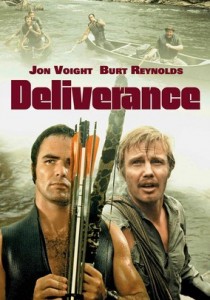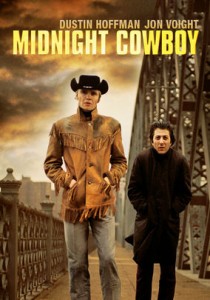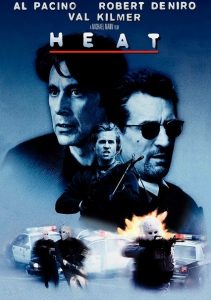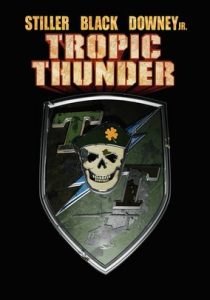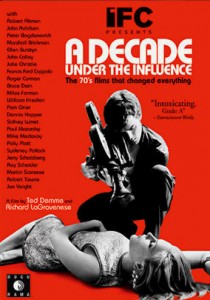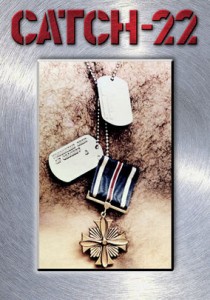Deliverance-1972
Director John Boorman
Starring Jon Voight, Burt Reynolds, Ned Beatty
Top 250 Films #104
Scott’s Review #324
Reviewed January 5, 2016
Grade: A
Deliverance is a disturbing, gritty, yet terrific 1972 thriller directed by John Boorman and starring a all-male cast.
The film is an adventure, albeit a dark one, with a subject matter difficult to watch; the film takes dark twists along the way, which is also its beauty. The viewer will get a harsh look at the backwoods of Georgia, not to mention gorgeous outdoor scenery.
A group of middle-aged, metropolitan businessmen, (played by Burt Reynolds, Jon Voight, Ned Beatty, and Ronny Cox), from Atlanta, decide to go rafting for a weekend getaway along a remote river in a desolate area of Georgia.
It is a guy’s weekend.
Lewis and Ed (Reynolds and Voight) are experienced canoeists and therefore the leaders of the group.
The guys are jovial, but soon come upon a strange group of very poor townspeople. The men ask for a ride to the river, and one of the men, Drew (Cox), engages a peculiar young boy in a friendly duel of banjo versus guitar, but the boy then snubs Drew.
Later, events take a dark turn when a hunter-versus-hunted game emerges between the city-dwelling men and the country rednecks.
The film is interesting as it begins as a light-hearted adventure, nearly a buddy movie. The men laugh and joke as they relish the excitement of the weekend ahead.
The film then becomes slightly eerie during the banjo scene. We know that something strange or sinister has occurred, but we cannot put our finger on it.
Does the redneck boy hate the city men, or is he mentally challenged? Why the strange looks of the poor people of the tiny town?
From this point, Deliverance takes a dark turn as a brutal event occurs involving two deaths- one under mysterious circumstances, and a male rape scene that is disturbing in its intensity and humiliation.
The rawness of these aspects of the film is unprecedented, especially when contrasted with the beautiful nature that is also at the forefront.
The acting is spot-on. In my opinion, Jon Voight makes this film and gives a layered, character-driven performance, so much so that the audience becomes invested in his life. Ed is a good guy- arguably the kindest of the bunch- and is forced to become a different person as the film progresses, far from his true self.
He struggles in one scene- one beautifully peaceful scene- to shoot and kill a deer calmly grazing in the woods. He cannot do it. I love this scene as it shows Ed’s true nature. He does not dare tell the other men of his perceived shortcomings.
Ironically, he is then forced to make another painful decision involving human life.
On the surface, it is a straightforward mainstream film, but as the film progresses, it becomes a layered masterpiece—happy, tragic, strange, depressing, peaceful, and brutal—like Deliverance (1972).
The film is a disturbing, memorable gem and needs to be viewed to appreciate the golden age of 1970s cinema.
Oscar Nominations: Best Picture, Best Director-John Boorman, Best Film Editing
